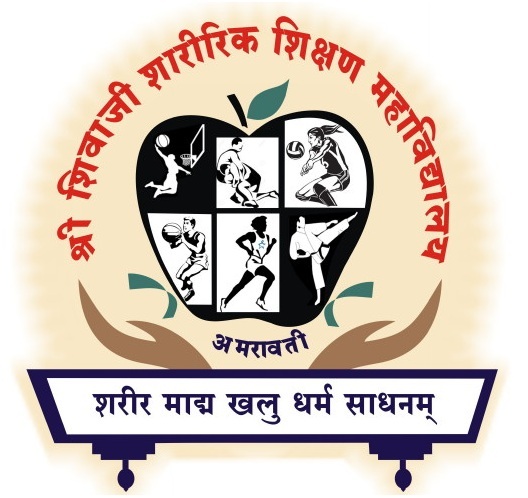a)Self discipline is the best discipline. All students are expected to observe rule and regulations to enable the smooth working of the College and keep harmony, silence and education atmosphere in the premises.
b) Students are prohibited from doing anything inside or outside the College that will interfere with its orderly administration or affect its public image. No outside influence, political or any other should be brought in the College directly or indirectly.
c) Ragging in any form is strictly prohibited.
d) Student should always carry their valid College Identity Card in the College and it should be produced whenever demanded by any of the College staff.
e) Student should make careful use of College books , Furniture, Laboratory equipments and the College property in general.
g) Smoking, Gutkha chewing and Ragging are strictly prohibited. Offenders shall be liable to face legal action.
h) In order to add to the beauty of discipline, uniform is compulsory for the students.
i) Only special notice shall be read out in classroom. Students should see the notice board daily and keep themselves well informed about the various notices that may be put up there from time to time.
j) In case of any problems, personal and academic , students should report to the Guardian Teacher of their respective class , the Faculty In-charge, who will help them to solve their problems.
k) The powers relating to the disciplinary action in the college will remain with the Principal and his decision in this respect shall be final. Anyone who violates the code of conduct will be severely dealt with accordingly.
l) Use of Mobile phone / Cell phone is strictly prohibited in the college premises.
For Teachers
Teacher should;
a) Adhere to responsible pattern of conduct and demeanor expected of them by the community.
b) Manage their private affairs in a manner consistent with the dignity of the profession.
c) Seek to make professional growth continuous through study and research.
d) Maintain active membership of professional organizations and strive to improve education and profession through them.
e) Participate in extension, co-curricular and extra-curricular activities including community service.
f) Respect the rights and dignity of the students in expressing his/her own opinion.
g) Deal justly and impartially with students regardless of their religion, caste, political, economic, social and physical characteristics.
h) Aid student to develop an understanding of our national heritage and national goals.
i) Treat other members of the profession in the same manner as they themselves wish to be treated.
j) Speak respectfully of other teacher and render assistance for professional betterment. l) Refrain from allowing considerations of caste, creed, religion, race or sex in their professional Endeavour.
k) Co-operate in the formulation of policies of the institution by accepting various office and discharge responsibilities which such offices may demand.
l) Should treat the non-teaching staff as colleagues and equal partners a cooperative undertaking, within every educational institution and
m) Should help in the function of staff-councils covering both teachers and the nonteaching staff.
n) Should recognize that education is a public service and strive to keep the public informed of the educational programmers’ which are being provided;
o) Should work to improve education in the community and strengthen the community’s moral and intellectual life.
p) Should be aware of social problems and take part in such activities as would be conductive to the progress of society and hence the country as a whole.
Teachers and Non-Teaching Staff
Teacher should;
(i) Treat the non-teaching staff as colleagues and equal partners in a cooperative undertaking, within every educational institution;
(ii) Help in the functioning of joint-staff councils covering both the teachers and the nonteaching staff.

